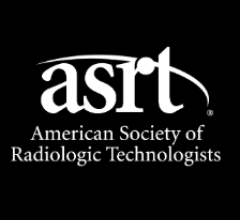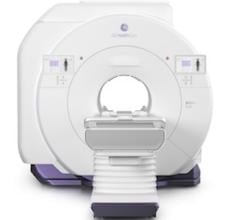May 4, 2009 – In response to recent proposals to dramatically reduce or eliminate industry support for the activities of medical professional societies, the Institute of Medicine issued a joint statement on behalf of several medical associations indicating that they need industry funding for education and new technology, and can accept such funding without product bias.
In April, an article published in the Journal of the American Medical Association called for medical associations to sever most funding from industry, with the exception of journal advertising and exhibit hall fees.
The medical associations responding in the public statement included the American College of Radiology, American College of Emergency Physicians, American College of Cardiology, American College of Rheumatology, and American Society of Plastic Surgeons.
The Institute of Medicine released a report that addresses these issues. The statement indicated the following:
Medical professional societies can and do have ethical, positive relationships with industry, as do others in federal and state government and the foundation community. But public funding, particularly in the current economic climate, for education, quality initiatives and research is limited. Foundation and other such philanthropic support can only go so far.
Without continued external support from industry, our societies will be unable to provide the same level of outstanding education and cutting-edge science that has advanced the quality of patient care in this country. Moreover, as funding and reimbursements tighten, medical practices and practitioners are likely to fall further behind in offering the most current, evidence-based care to patients as the pace of scientific progress accelerates.
We would welcome more public support, however unlikely, for advancing quality, evidence-based care and translation of science into clinical care guidelines. But, in the absence of public funding, industry funding can be separated from product bias and be firewall-protected to —
1. support continuing medical education as a means to improve quality of care and outcomes;
2. accelerate translation of science to the clinical care setting;
3. support needed scientific and clinical research, as well as career development of young scientists;
4. improve communication to patients about the benefits and risks of pharmaceutical/medical device products and equipment;
5. improve patient and physician adherence and compliance; and address gaps in patient communication and education.
We are committed to the very highest ethical standards. We strive for responsible, transparent relationships, in which industry support has no influence on educational content, quality measures or scientific research.
Our societies adhere to Accreditation Council for Continuing Medical Education standards, and we each have stringent internal policies that ensure that our educational and scientific content remain unbiased. Our industry supporters also adhere to guidelines from the Pharmaceutical Research and Manufacturers of America (PhRMA) and the Advanced Medical Technology Association (AdvaMed). Their guidelines reinforce the fact that interactions with health care professionals are designed to enhance the practice of medicine and benefit patients.
We are considering the development of an ad hoc self-funded coalition for medical associations to develop and articulate best practices and a common code of ethics for managing relationships with industry. Such core principles would include Transparency, Patient Centeredness, Active Management of Conflicts of Interest, and Accountability and Reporting.
We must and will continue to manage our relationships with industry responsibly, ethically and always in the best interests of patients. Until new sources of public funding for education and research are identified, these relationships will remain vital to the quality of care in the United States.
For more information: www.acr.org


 February 20, 2026
February 20, 2026 









